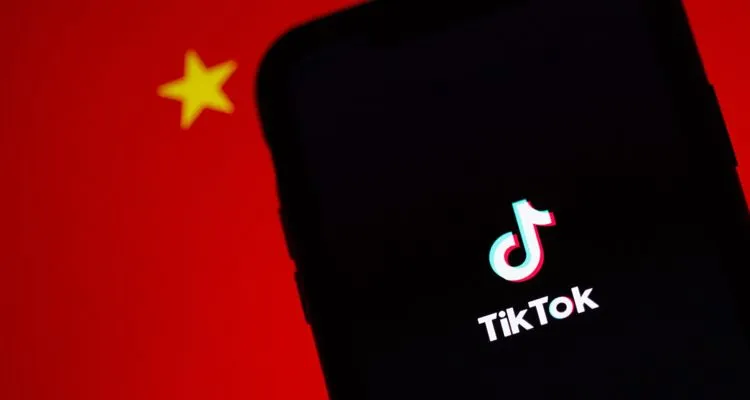Photo Credit: Solen Feyissa
Last year, Beijing-headquartered ByteDance acknowledged that its employees had improperly accessed TikTok user data. Now, as the app continues to grapple with regulatory scrutiny in the U.S. and abroad, a report is claiming that creators’ “sensitive financial information” has in fact been stored on servers in China.
These newest details pertaining to the short-form video-sharing platform’s practices just recently emerged in a piece from Forbes. For reference, critics have pointed out on numerous occasions TikTok’s legal obligation to turn over data to the Chinese Communist Party (which owns a portion of ByteDance) when ordered to do so.
Nevertheless, TikTok CEO Shou Zi Chew in March testified to U.S. lawmakers that his company had “always” stored Americans’ user data in Virginia and his native Singapore. Notwithstanding the comments and related claims about Project Texas (an initiative purportedly capable of keeping U.S. user data in the States), a lawsuit has accused ByteDance of maintaining unilateral backdoor access to TikTok’s database in China.
Providing additional context to the latter suit and the overarching allegations is the initially mentioned Forbes piece. According to the article, the social security numbers and tax IDs of creators and businesses have been stored “on servers in China that are accessible by employees there.”
Per the same report, “a trove of records” was obtained and analyzed to reach the conclusion, which raises interesting questions about whether employees have gone ahead and accessed the information. As noted, ByteDance previously confirmed that its team members had without authorization viewed user data in China.
Meanwhile, TikTok – which has been banned on government devices in numerous states as well as the U.S., Canada, the U.K., the European Union, and France – opted not to respond to queries on the topic, according to Forbes. Among the unanswered questions was an inquiry about whether creators’ financials are still being stored in China at present.
Of course, it’ll be interesting to see how the bombshell development factors into TikTok’s stateside fate. As it stands, despite a reported forced-sale demand from the White House and multiple bipartisan bills (which proclaim the same objective but vary dramatically in scope) targeting the app, it’s continuing to operate as usual in (most of) the U.S.
ByteDance has reportedly spent about $14 million on lobbying in the U.S. alone since 2019, and logic suggests that more than a few influential companies are hardly in a hurry to see the New York Yankees– and NFL– partnered TikTok outlawed in America.
Beyond the government inaction surrounding the app, the parents of the service’s many under-18 users are evidently unaware of or unconcerned by TikTok’s alleged misuse of children’s data and alleged habit of exposing kids to explicit content.
Specifically on the music front, TikTok is making big moves (most recently the announcement of an “Artist Impact Program” and the rollout of “a global music discovery hub”) in spite of the regulatory crackdown and rocky licensing discussions with the major labels.

